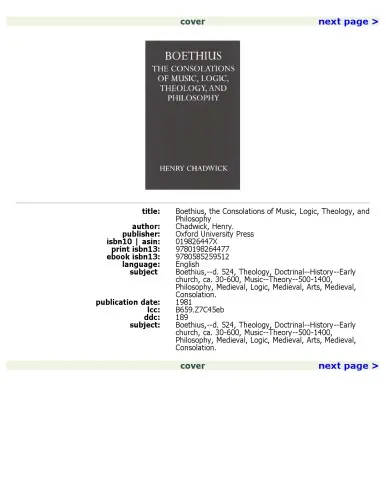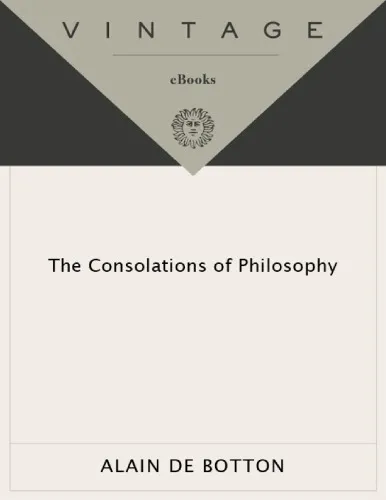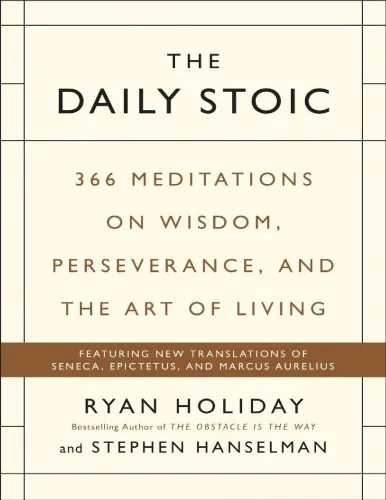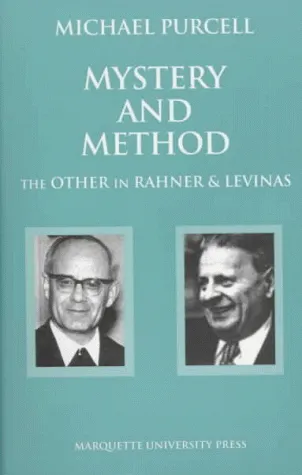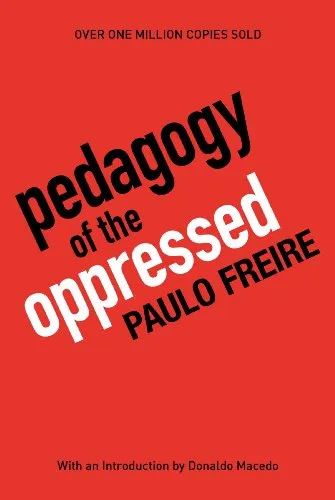Boethius: The Consolations of Music, Logic, Theology, and Philosophy
4.5
Reviews from our users

You Can Ask your questions from this book's AI after Login
Each download or ask from book AI costs 2 points. To earn more free points, please visit the Points Guide Page and complete some valuable actions.Related Refrences:
Boethius: The Consolations of Music, Logic, Theology, and Philosophy offers a deep dive into the profound interconnections between music, logic, theology, and philosophy, encapsulating the life and thoughts of Anicius Manlius Severinus Boethius, a pivotal figure in the history of Western thought. Through this comprehensive introduction, readers can grasp the enduring influence of Boethius's work from antiquity to the Middle Ages and beyond.
Detailed Summary of the Book
Boethius, a philosopher of late antiquity, stands as a cornerstone between ancient philosophy and medieval intellectual thought. This book delves into his profound impact on the progression of Western ideas through a meticulous analysis of his life and works. "The Consolations of Philosophy" remains Boethius’s most famous contribution, written during his imprisonment before his execution. The book artfully explains how Boethius weaves the sciences of music and logic with spiritual and philosophical inquiries, aiming to provide solace amidst personal adversity.
Boethius envisioned the fusion of Platonic, Aristotelian, and Christian thought, aspiring to translate and preserve Greek philosophy for the Latin-speaking world. His insights into the quadrivium—comprising arithmetic, geometry, music, and astronomy—and the trivium—grammar, rhetoric, and logic—structured medieval education and influenced the works of subsequent scholars like Thomas Aquinas and Dante Alighieri. Boethius's integration of Neoplatonism with Christian theology carved a path for philosophical discourse in medieval times.
Key Takeaways
This book presents several key takeaways that highlight Boethius's impact:
- Integration of Disciplines: Boethius masterfully combined elements of music, logic, and philosophy to underpin a theological framework, illustrating how diverse fields can provide comprehensive understandings of the world.
- Philosophical Optimism: Through "The Consolation of Philosophy", Boethius suggests that true happiness lies in the pursuit of wisdom and virtue, transcending mortal adversities.
- Influence on Medieval Thought: His translations and commentaries strategically introduced Greek philosophical concepts to medieval scholars, significantly shaping scholasticism and the intellectual heritage of the Middle Ages.
Famous Quotes from the Book
Although Boethius’s original writings are centuries old, their wisdom remains resonant:
"Who would give a law to lovers? Love is unto itself a higher law."
"Nothing is miserable unless you think it so; and on the other hand, nothing brings happiness unless you are content with it."
Why This Book Matters
The importance of "Boethius: The Consolations of Music, Logic, Theology, and Philosophy" extends beyond its historical analysis of a single philosopher. The book serves as a lens through which readers can understand the seamless blend of philosophy and theology that characterized medieval intellectual endeavors. Boethius’s work underpins the Western philosophical tradition, bridging ancient and medieval worlds and setting foundations for the Renaissance.
Furthermore, the theme of finding solace and meaning in abstract thought remains timeless, providing modern readers insights into overcoming existential crises. Chadwick’s scholarly yet accessible narrative allows Boethius's ideas to resonate today, fostering appreciation of the intertwined nature of intellectual pursuits throughout history.
Free Direct Download
You Can Download this book after Login
Accessing books through legal platforms and public libraries not only supports the rights of authors and publishers but also contributes to the sustainability of reading culture. Before downloading, please take a moment to consider these options.
Find this book on other platforms:
WorldCat helps you find books in libraries worldwide.
See ratings, reviews, and discussions on Goodreads.
Find and buy rare or used books on AbeBooks.
1375
بازدید4.5
امتیاز0
نظر98%
رضایتReviews:
4.5
Based on 0 users review
Questions & Answers
Ask questions about this book or help others by answering
No questions yet. Be the first to ask!
